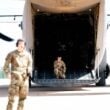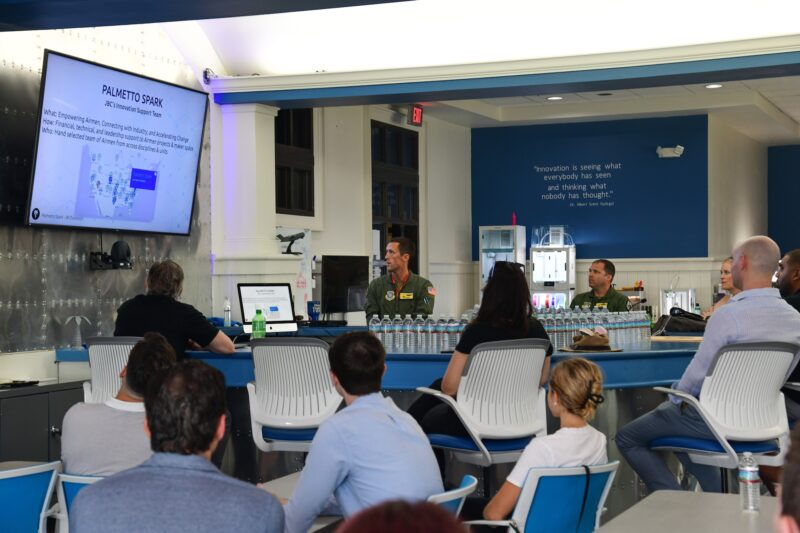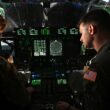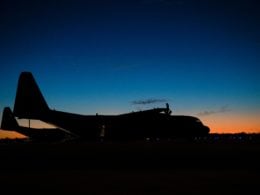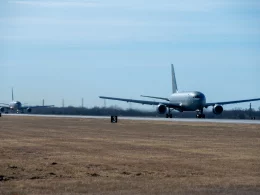JOINT BASE CHARLESTON, S.C. —
The U.S. Air Force is upgrading GPS, with help from SandboxAQ.
SandboxAQ is a spinoff from Google’s parent company, Alphabet, and their mission is solving some of the world’s hardest problems using the combined power of artificial intelligence and quantum science, also known as AQ.
Teaming up with C-17 Globemaster III flying units, the objective of this new technology is to solve GPS issues, like inaccuracy, lack of local knowledge, loss of signal, or even jamming caused by U.S. adversaries.
The U.S. Air Force awarded a Direct-to-Phase-II Small Business Innovation Research contract to SandboxAQ. This contract funds research endeavors to introduce cutting-edge quantum technology, paving the way for a groundbreaking quantum navigation system.
This system will enhance navigation accuracy in challenging environments, making it the perfect complement to GPS to overcome limitations and transform operations.
U.S. Air Force Capt. Rob Simmons, JB Charleston Spark Tank director of innovations, hosted SandboxAQ at Joint Base Charleston, to discuss the new quantum navigation technology.
“We want to showcase that the Air Force is working with this new technology,” Simmons said. “It’s really strategic for what JB Charleston is focusing on, especially getting back from Mobility Guardian 23 and the navigational challenges faced in the Pacific.”
Exercise Mobility Guardian 2023 occurred July 5-21, 2023, and was the most extensive full-scale exercise in Air Mobility Command’s history. The exercise involved 3,000 U.S., partner, and Allied forces, supporting more than 15,000 U.S. and international forces participating in simultaneous exercises across the Indo-Pacific region.
Leaders from AMC invited the Sandbox AQ team to participate in the exercise, to gather data in an operational setting. Craig Fitzpatrick, SandboxAQ director of federal programs, explained the company’s recent involvement with Mobility Guardian 23.
“Using the Earth’s magnetic field to navigate is an exciting prospect that shows great initial promise,” Fitzpatrick said. “Some birds use the same technique to navigate among specific migratory patterns.
“The Air Force and, more generally, the aviation sector, will need alternatives to GPS in order to operate safely and effectively in the coming years.”
The quantum sensors utilized in the project are designed to be highly responsive to alterations in electric and magnetic fields. To enhance signal processing speed and accuracy, AI systems are integrated to identify and eliminate disturbances like vibrations and other noise from aircraft and vehicles. This approach ensures precise data collection and analysis through the process of collecting operational environment data.
“Finding alternatives to GPS is a critical area of need for national security, aviation, and other areas,” Fitzpatrick said. “While no one solution will be designed as a 1:1 replacement for GPS, navigating using the Earth’s magnetic field is a safe, relatively un-jammable and effective way to enable several important use cases that will help our nation’s Airmen navigate safely and come home.”



